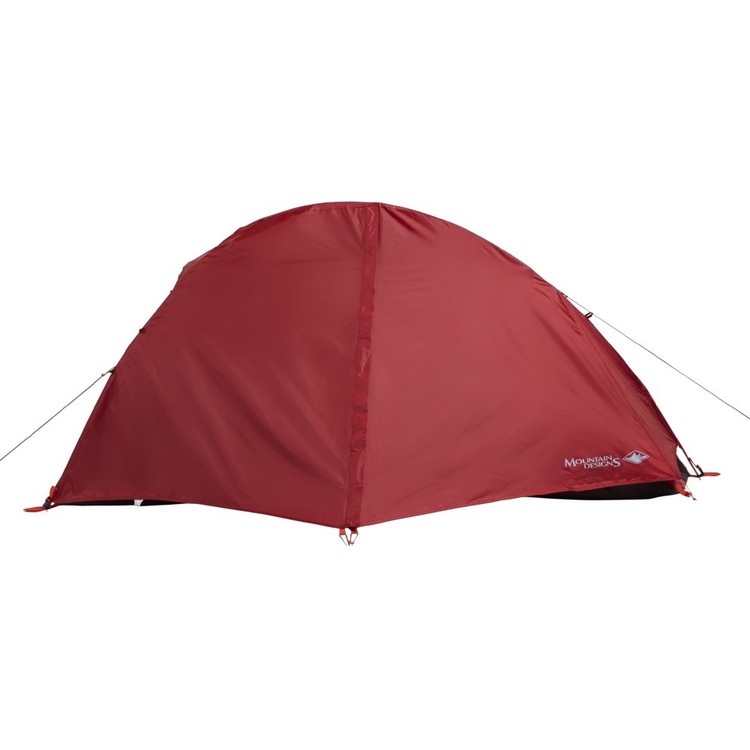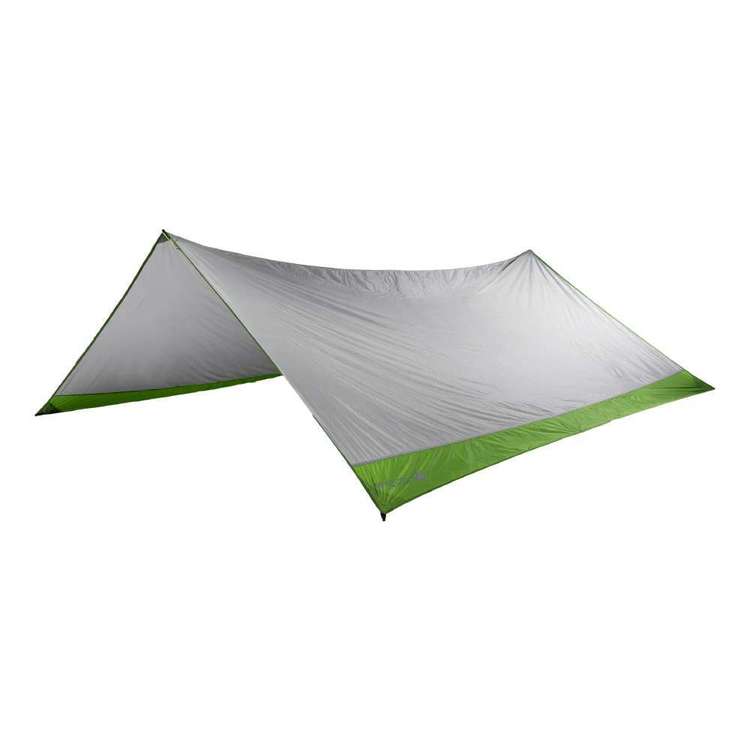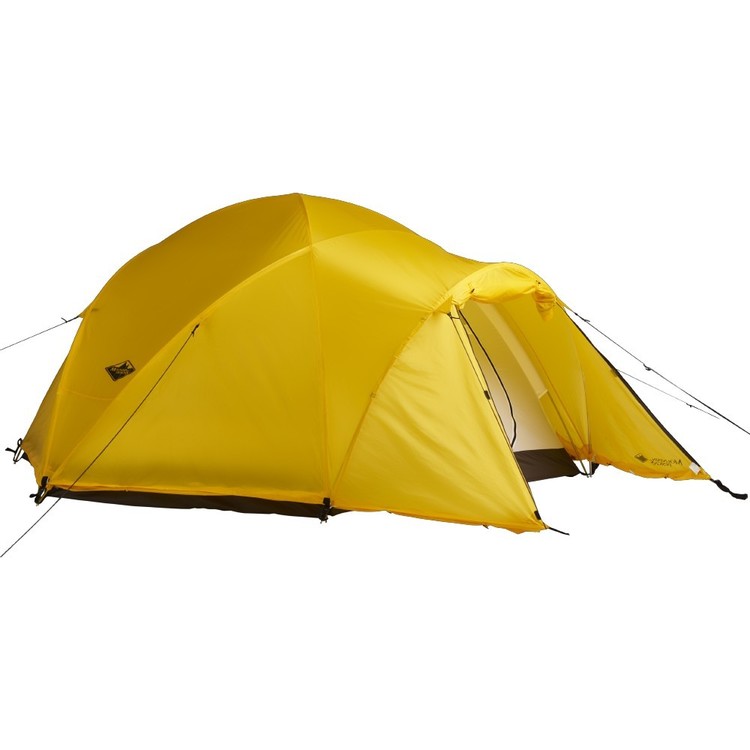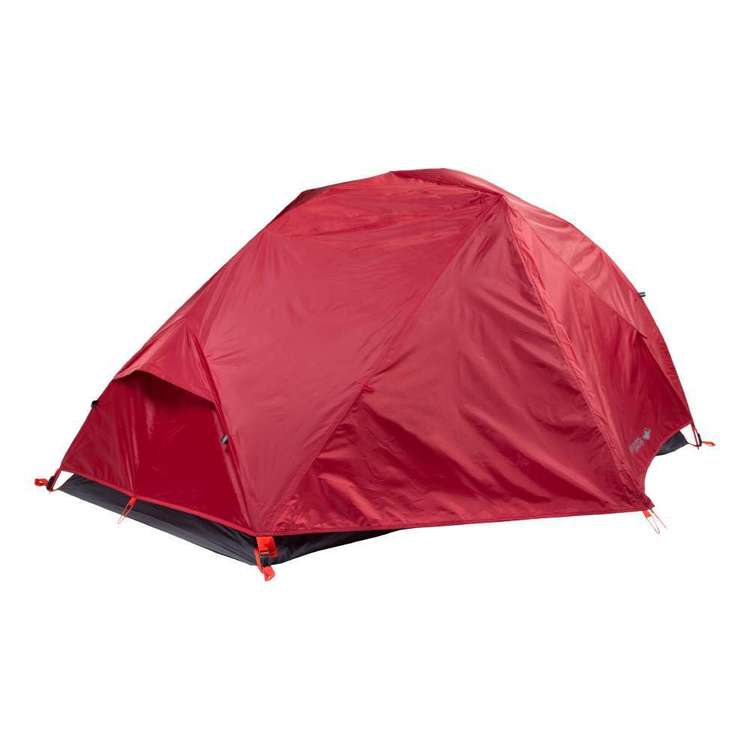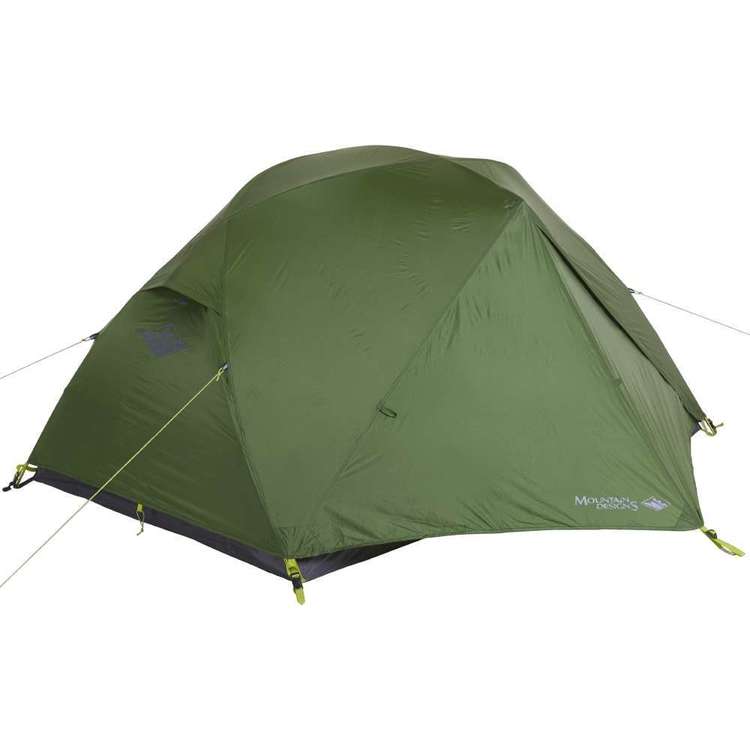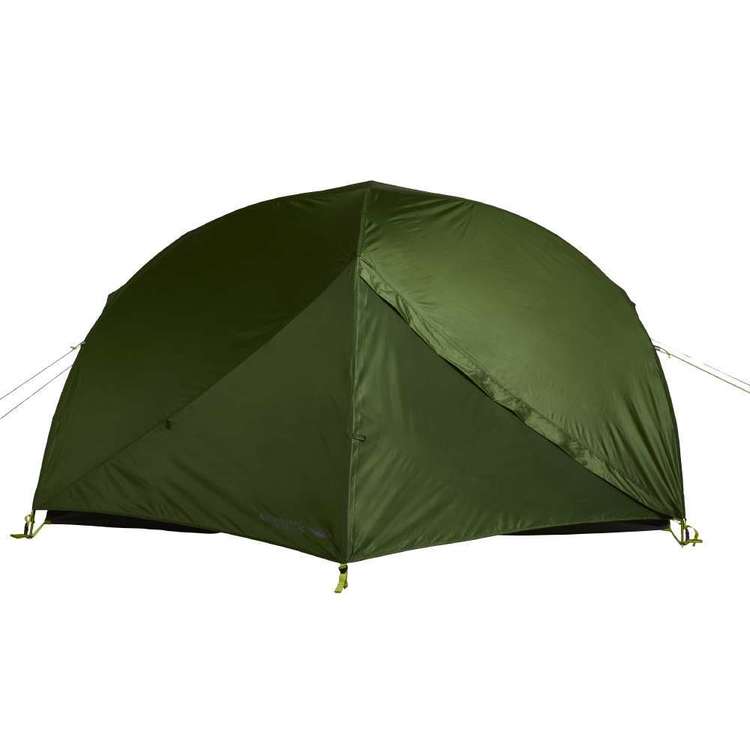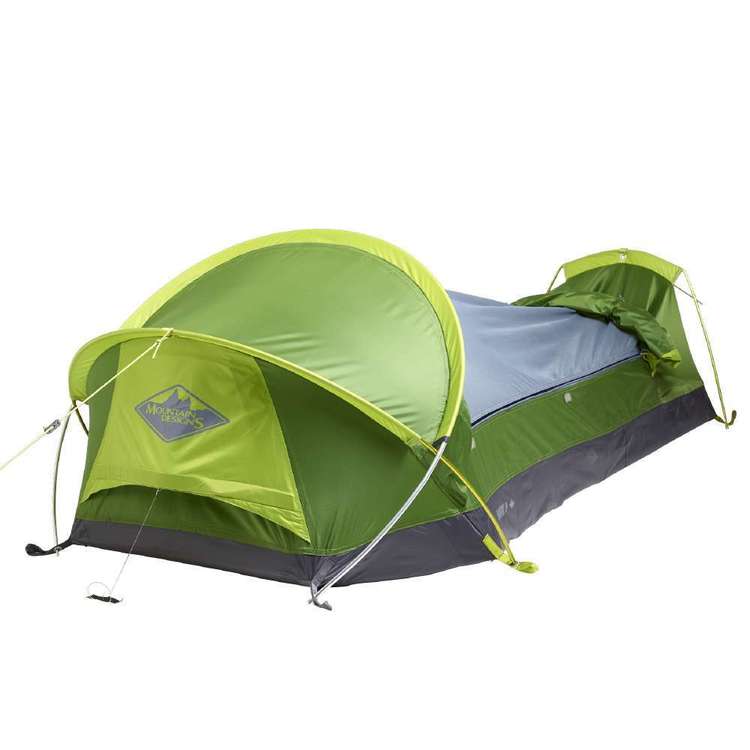| Your browser is not supported. | ||
|
Please browse our site using any of the following options:
| ||
Tents
Our range of tents offers you choice from the superlight, single-person cover to the impregnable fortress. Explore a larger collection of Tents at Anaconda.
7 items found.
What should you know before buying a tent?
When buying tents, you should consider some crucial factors to ensure your selection suits your adventure needs. These include:
Size - The size of the tent you choose will generally be determined by how many people it is providing shelter for. It's also worth thinking about how much gear you're travelling with, and if that needs storage as well. Look for an appropriately-sized floor footprint, plus vertical space for headroom, and vestibule space for pack storage.
Weight - As with all outdoor gear, if all things are equal then the lighter the better. Look for a lightweight tent but make sure it still offers the right levels of comfort and protection. There's no point being able to carry your tent for long periods of time if you can't have a good night sleep in it once you've pitched it.
Weather Conditions - Think about where you are going and the conditions you will encounter. The weather is a big factor here, so the tent needs features that can handle rain, wind, cold or warm temperatures, or even snow. Durable, waterproof fly materials, reinforced pole structure systems, seam-sealed construction, and multiple tie-down points will deliver the strength and protection you need.
Functional Design - Certain functional design features will improve comfort, protection and ease of use, such as gear lofts and storage pouches, windows and other ventilation points, door configuration, and hanging hooks.
Mountain Designs has a variety of tents for you to select from, including multi-person hiking tents, camping tents and expedition tents, as well as single-person bivies and tarp covers, so you're next adventure is well and truly covered.
What tents are best for camping?
Compared to an overnight hiking trip, camping adventures tend to be less intense in activity and typically stay in the same location for longer periods of time. Accordingly, camping tents should cater for greater comfort levels with features designed to make relaxing in the company of others easier. The best tent for camping should optimise internal space - look for a large floor footprint with a high straight-wall design, which optimises head room as well as sleeping space. Multiple door access makes getting in-and-out of the tent (and manoeuvring around others) easier, and provides ventilation and breathability when the tent is full.
Which tents could you take hiking?
A hiking tent needs to possess some key features to make it more effective on the trails. The construction material should provide protection from the elements (think waterproofing for rain and ripstop fabrication for durability) but above all else be lightweight, so the tent itself doesn't add too much weight to your load. A hiking trip also means you're more likely to be on the move more often, so a quick and easy set-up design, and compact pack-down, is highly beneficial. Mountain Designs hiking tents use lightweight yet sturdy materials, and simple but strong pole structure systems, to give you reliable shelter that sets up in minutes, and is easy to pack away and carry.
What are the available sizes of tents at Mountain Designs?
Tents come in all shapes and sizes but the general way to gauge the space inside is based on how many people can comfortably sleep on the tent's floor. Mountain Designs offers 1-person, 2-person and 3-person tents, so you can pick the right size to suit your adventure.
What are the best tents for extreme weather conditions?
An expedition tent is designed to handle more rugged treks and extreme weather conditions. It will use heavy duty construction materials to deliver higher protection from cold temperatures and rain, and multiple tie down points to provide greater stability in stronger winds. For sub-zero climates, a geodesic pole structure will hold snow load on the roof, while a snow skirt keeps frost on the outside at ground level.
Are tents made of lightweight materials?
Minimising the weight of outdoor clothing and equipment is vital for maximising your comfort - the less you have to carry, the more energy you keep during the course of the adventure. Tents are no different but like with all gear, there is no point reducing weight in the design if it compromises protection or functionality. Mountain Designs tents use materials that offer an excellent balance between lightweight load and durability, so they are strong enough to handle tough conditions but light enough to make sure carrying them on long hauls doesn't become uncomfortable.
